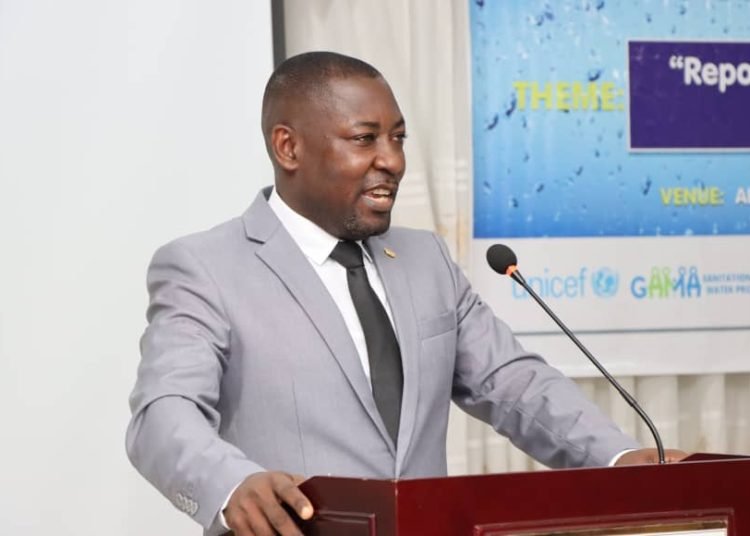4.2M Ghanaians Live Without Safe Drinking Water - CONIWAS reveals
The chairman of CONIWAS has reminded the government that to achieve the 2030 goals and make sanitation for all, Government has to quadruple the rate of progress in the WASH sector.

The Chairman for the Coalition of NGOs in water and sanitation’s (CONIWAS), Mr Yaw Atta Arhin has revealed that about 4.2 million Ghanaians live without safe drinking water and more than 22 million do not have basic sanitation and hygiene.
According to the chairman, investing in Ghana’s WASH sector would be a necessary foundation for a healthy and productive population.
“Investments in WASH are what we call a “no-regrets” investment which has multiple effects on all productive sectors of the economy,’’ he added.
Yaw Atta Arhin was speaking at the annual Mole conference, on Tuesday in Kumasi.
He noted that the economic benefits of sanitation are about five times the cost, and improving hand hygiene can generate savings in health expenditure of up to fifteen times the cost.

Hon. Cecilia Abena Dapaah, Minister for Water and Sanitation
“Unfortunately, underinvestment in WASH has left 4.2 million Ghanaians without safe drinking water, and more than 22 million without basic sanitation or the means to wash their hands’’, he lamented.
The chairman of CONIWAS reminded the government that to achieve the 2030 goals and make sanitation for all, Government has to quadruple the rate of progress in the WASH sector.
”As COVID-19 has shown us, we have no time to waste. We have to build resilience and get it right,” Mr Yaw Atta Arhin pointed out.
‘’It is in this respect that I wish to commend Government, acting through the Ministry of Sanitation and Water Resources and relevant Ministries, Departments and Agencies (MDAs), for partnering private sector waste management companies, particularly Zoomlion Ghana Limited under the Jospong Group of Companies, to construct the state of art waste treatment facilities in Accra and Kumasi, and cutting the sod for the construction of similar integrated recycling and compost plants in all regions of the country,’’ he added.
Story: Freeman Koryekpor Awlesu





































